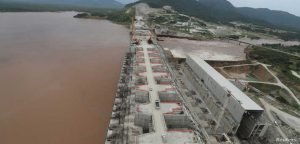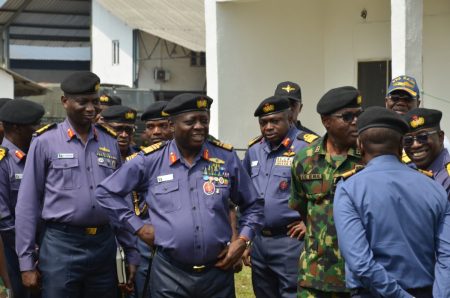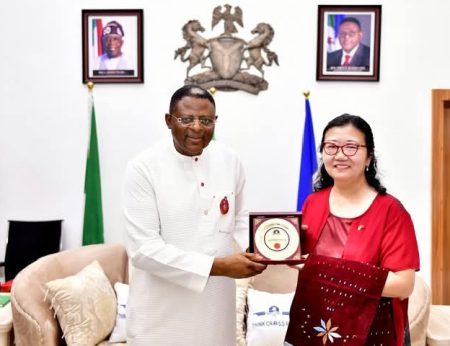
Addis Ababa — Ethiopia has asked the United States to postpone what was expected to be the final round of talks on the giant Blue Nile hydropower dam, it said on Wednesday, delaying the potential resolution of a dispute that sparked a years-long diplomatic crisis.
“We have asked that we need more time for consultation,” Bizuneh Tolcha, spokesman for Ethiopia’s ministry of water, irrigation and energy told Reuters, without providing details.
The final round of talks were scheduled for Thursday and Friday in Washington. The U.S. has hosted several rounds of talks in Washington with ministers from the three regional powers and the World Bank after years of trilateral negotiations failed.
Egypt, Ethiopia and Sudan said on Jan.31 they would sign an agreement by the end of this month to end their differences over the filling and operation of the $4 billion Grand Ethiopian Renaissance Dam (GERD).
Ethiopia is building the dam near its border with Sudan on the Blue Nile, which flows into the Nile river – the main water source for Egypt’s 100 million strong population. The dam is the centrepiece in Ethiopia’s bid to become Africa’s biggest power exporter.
Egypt’s foreign ministry said in a statement that Cairo is “committed to the negotiations track sponsored by the United States and the World Bank”.
“Both the ministers of foreign affairs and water resources and irrigation will participate in the ministerial meeting called by the American administration, in appreciation of the constructive role it played over the past months in helping the three countries to reach the desired agreement,” it added.
There was no immediate comment from Sudan.
After last month’s talks, the nations said they had agreed on a schedule for staged filling of the dam and mitigation mechanisms to adjust its filling and operation during dry periods and drought.
But the nations still have to finalise details on several aspects of the dam, including its safety and provisions for the resolution of disputes, the statement said.
Follow us on twitter
- Reuters



